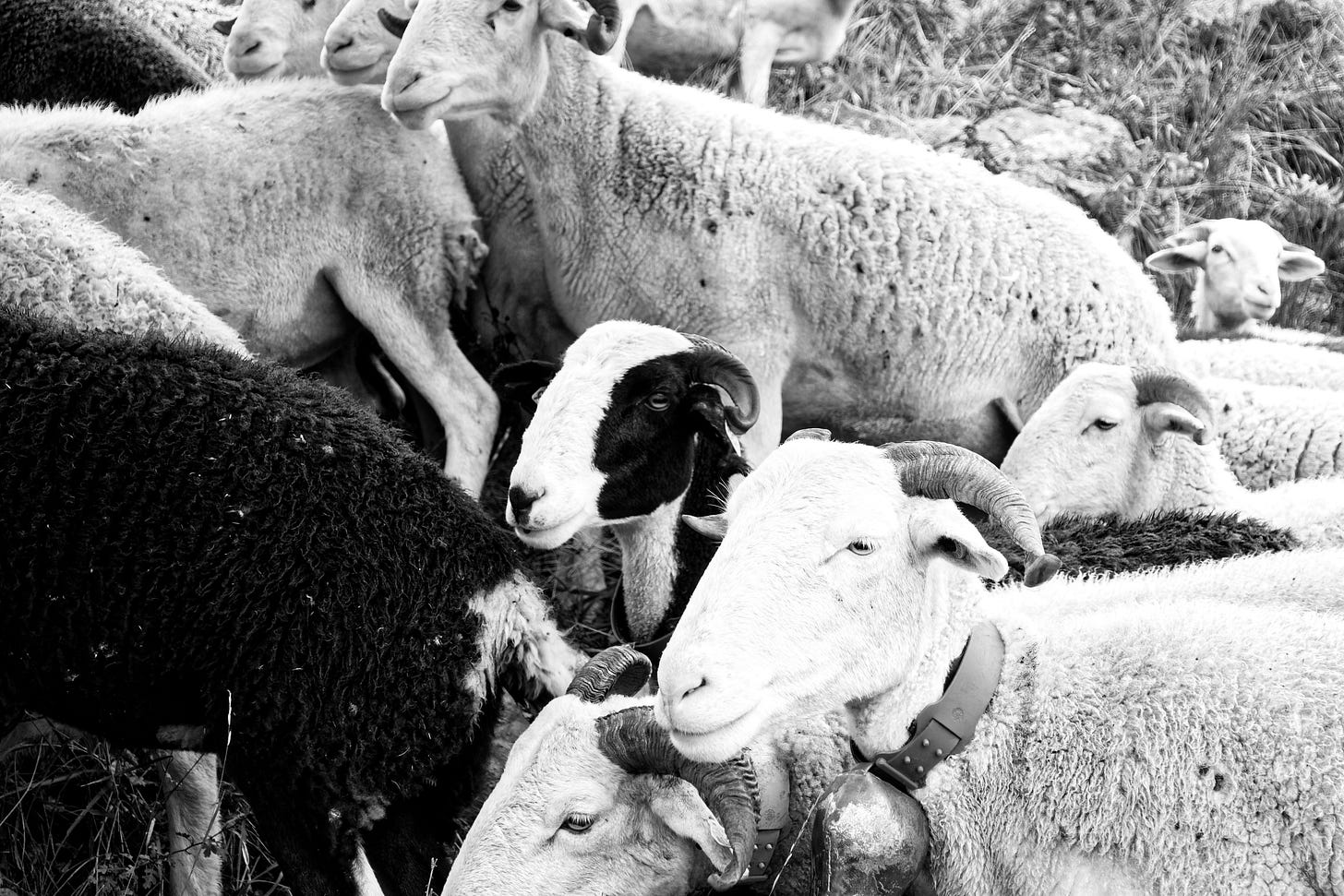They broke their fast with grilled fish and bread. Now 12 of them sit around a fire, still in awe of the moment: Jesus appearing to them after his resurrection. Jesus speaks and they listen.
Jesus says to Peter, “Do you love me more than these?” Taken aback, Peter sheepishly answers, “Yes, Lord. You know I love you.”
“Feed my lambs,” Jesus says.
Then, a second time, looking at Peter, Jesus says, “Peter, do you love me?” With a little more agitation, Peter answers, “Yes, Lord. You know I love you.
“Tend my sheep,” Jesus says.
Yet a third time, “Peter, do you love me?” Peter felt his heart sink. “Lord, you know everything. You know I love you.”
“Feed my sheep,” Jesus says.
This story gives us a glimpse of what love is. Peter will lead the church after Jesus’ ascension. He will take on the role of under-shepherd under the Chief-Shepherd Jesus Christ. He is to tend and feed sheep, metaphors for those who will believe and be the Body of Christ.
Theologians consider this passage to show Peter reconciling with Jesus after denying that he knew him. But let’s look at this story in another way: what does it mean to love Jesus?
I wonder if I were to poll Christians asking them how they love Jesus if I would get answers like, attend church, worship, prayer, fasting, doing devotions, reading the Bible…etc. None of these are wrong and are great ways to bring our attention to Jesus and his work in our lives. But this is not what Jesus asked Peter to do. He asked him to feed and to tend sheep.
Jesus asked Peter if he loved him. Peter, who had spent three years praying with Jesus, hearing the teachings of Jesus, going to synagogue and temple with Jesus, who followed Jesus wherever he went – how could Jesus not see the love that Peter had for him?
“Do you love me…feed my sheep.” The way Peter will love Jesus is to feed and tend sheep – to love and care for the people of God. We, like Peter, who may or may not be a pastor or leader, are also to love and care for the people of God. The two commandments give us our mission: to love God and neighbor.
The work of a pastor is to “feed” and “tend” the people entrusted to them. Just as Jesus the Good Shepherd loves the people, so too are his under-shepherds. This “feed” and “tend” is to support them, to be with them, and to build up their faith and wellbeing.
Dallas Willard wrote, “Love is designed to be our primary way of ‘being with’ Jesus.”
So we love our neighbors to love Jesus. We support our neighbors to support Jesus. We are with our neighbors to be with Jesus. We build up our neighbors, speaking to them of Jesus, to build up our relationship with Jesus.
Love includes action, not just a foggy feeling of goodwill. It is acting towards and on behalf of that person for their wellbeing now and in the future.
In what ways to you love Jesus?


